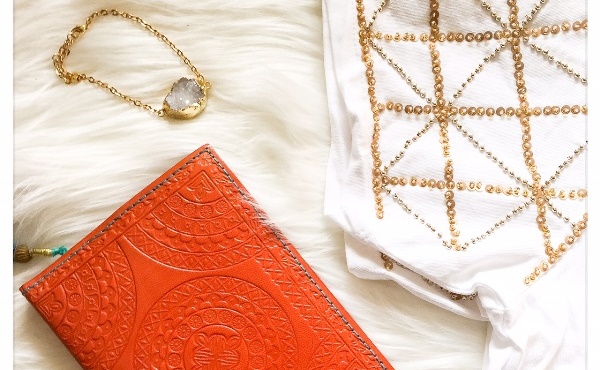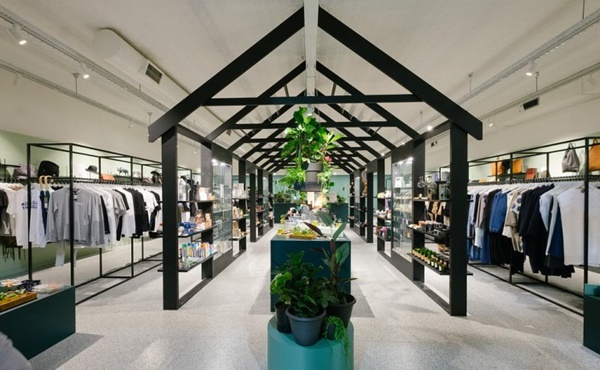Aiming to make ethically made products more available to mainstream markets, curated online gift store Socielle has introduced shopfunding, where consumers can directly give back to the community.
Similar to collecting loyalty points from a store, for every purchase made through Socielle, the customer is given credit to allocate to a cause they’re passionate about, helping to fund important projects being run by a number of different charity partners.
Socielle founder Rechelle Coombes says being unable to find ethically made products that appealed to her aesthetically inspired her to start the shopfunding initiative.
“I myself felt out of place buying from ‘eco shops’ or ‘green shops’ where I felt the aesthetics didn’t match mine but the values did,” she says.

“At Socielle we provide ethical and sustainable gifts with mainstream appeal―you don’t have to compromise on the aesthetics or your own ethics.
“It’s important that everyone realises that the way we use/buy and dispose of retail is not sustainable. I want to get these beautiful, ethically made products into the hands of everyday consumers, so they can understand the stories behind the pieces.”
The process is simple and easy to use, allowing shoppers to mix their everyday purchasing with making a difference. For example, 100 points earned in store buys a meal for someone in need, and with the average basket totalling 500 points or more, shoppers can help impact the lives of multiple people in just one purchase.
Users can even track the impact they’ve made by viewing the support they’ve provided through their account.
Coombes hopes that Socielle will help change the way socially conscious projects are funded, with not-for-profits eventually needing less marketing due to businesses making more contributions through programs such as shopfunding.

“The problem with existing social enterprises is that they’re not targeted at a mainstream audience,” she says. “It’s sad, but I often see brands have a hidden values system behind the brand, so it still appeals to those who don’t fit in the eco/ethical bucket.
“But socially conscious brands are on the rise, and recent certifications like the B.Corp are providing ways for corporates and businesses to introduce ethics and sustainability principles into their everyday production.”
Socielle itself aims to be as ethical as possible in every aspect of business. It does this by leveraging recycled stock for all printed items, finding printers who use ecofriendly dyes, limiting packaging wherever possible, sourcing items from other socially responsible business and utilising more sustainable suppliers such as Sendle for (carbon neutral) local deliveries, to work with.
“Businesses that are socially conscious will be catalysts for change in the future. What policy can’t and won’t fix, businesses will be able to influence,” Coombes concludes.
By Marion Gerritsen







